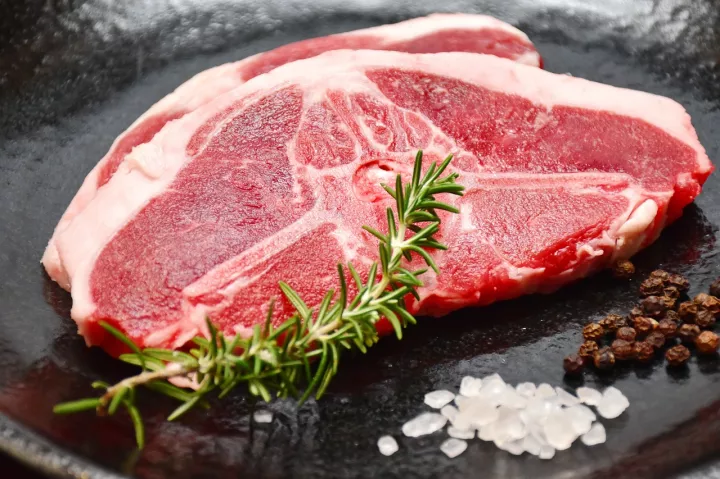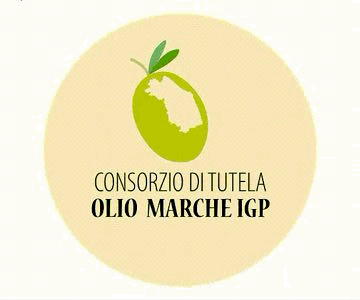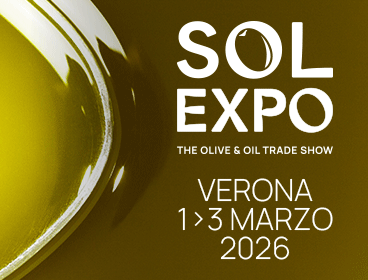Salute
THE OGM REPRESENT APPROXIMATELY 4% OF THE USEFUL AGRICULTURAL SURFACE. THE WORLD HEALTH ORGANIZATION ASKS CAUTION
Ogm are a benefit but also are a potential risk for our health. In a recent, along and articulated relationship on the Ogm foods the international Authority has been expressed on many points. Particular importance comes given to the effects in along period of geniuses that are not never enter to you in the alimentary cycle before. There are but also cultural implications and ethics
25 giugno 2005 | T N
In the report "Modern food biotechnology, human health and development" published 23 june 2005, the World Health Organization (WHO) have expressed its authoritative opinion respect to the Ogm. If the international Authority cannot disown the role that the Ogm could have in future, in a planet of six billions of inhabitants, of other song it induces caution and advances also doubts on the healthy of these alimentary commodities. It is moreover before the time that the World Health Organization is expressed also on the ethical and cultural value.
For this reason the report emphasizes the necessity of continuous and deepened appraisals on the emergency of the organisms genetically modified before that they are introduced is on the table is in the environment. If they are undeniable the assets of the Ogm, which increases of productivity of the harvests, upgrades them minor use of herbicides and similar and increases the agricoltural diversity in some zones, it is also true that some of the used geniuses in order to produce the alimony genetically modified have not been never introduced in the alimentary cycle before. Consequently, the effects on the human health of these new alimony would have to be estimated with cure before their breaking in commerce, comprised the precious controls in the long term that they must demonstrate the harmless also after a constant assumption for some years.
Many Countries have introduced control systems and monitoring of the healthy effects and acclimatize them of the organisms genetically modified and the World Health Organization asserts that all the Ogm I am diffused on the market are sure. In fact, it explains the reprt, the alimony genetically modified is quite more controls you than those traditional ones regarding the healthy and environmental impacts. At the moment, it has not been finds cases for which the consumption of the alimony gm caused some effects denied on the health.
There are however also other aspects to consider.
In fact normally we do not consider the social repercussions, cultural and ethics of the introduction of cultivations to biotechnological alimony in areas where technical-scientific deficits causes mistrust and resistances.
The World Health Organization, united to the FAO, is proposed therefore to help some nations, to assist them in those processes of control and verification that must precede the authorization to the cultivation of Ogm.
In the conclusions WHO separates the benefits for the seeds producers and the agriculturists from those for the society. In particular the problems on the biodiversity, beyond to the effects of along period of the organisms genetically modified must still be analyzed.
In the meantime the first biotechnological food it has been introduced on the market in 1990. From that moment, many other Ogm: maizes, soie, ravizzone and cotton have been commercialize to you in the world. In more, also new biotechnological varieties of papaia, potato, rice, sugar beet and tomato have been authorized in some Nations. The production of Ogm is increased meaningfully during the last decade and even if the greater part of this production is concentrated in little Countries, in the end of 2004 the organisms genetically modified will have occupied nearly 4% of the useful agrarian surface.
Origin: WHO
Potrebbero interessarti
Salute
Allergia: le differenze tra carne coltivata e naturale

Le cellule di carne bovina coltivate e la bistecca regolare possono avere diverse composizioni proteiche. La carne coltivata da cellule può cambiare in modi di contatto per le allergie alimentari, pericolo superiore nelle risposte associate all'alfa-gal
23 febbraio 2026 | 13:00
Salute
L'alimentazione corretta contro l'intestino irritabile e il morbo di Crohn

Il digiuno intermittente può ridurre i sintomi dell'intestino irritabile del 40%, secondo uno studio della Crohn's and Colitis Foundation. Restano i consigli dietetici di ridurre l'apporto di fibre insolubli e latticini durante le fasi acute
20 febbraio 2026 | 10:00
Salute
Smettere di mangiare 3 ore prima di dormire per migliorare la salute del cuore

Un semplice cambiamento nella routine serale può migliorare la salute del tuo cuore: miglioramenti nella pressione sanguigna, nella frequenza cardiaca e nel controllo dello zucchero nel sangue, senza tagliare le calorie
19 febbraio 2026 | 09:00
Salute
Effetti del consumo giornaliero di olio extra vergine di oliva sui biomarcatori di infiammazione e stress ossidativo

Il principale componente dell’olio di oliva è l’acido oleico, un acido grasso monoinsaturo che favorisce un profilo lipidico più equilibrato e può ridurre l’espressione di molecole pro-infiammatorie. Tuttavia, l’aspetto più interessante riguarda i polifenoli
18 febbraio 2026 | 16:00
Salute
Ridurre l'insulina del 30% grazie a una semplice dieta vegetariana

Una dieta vegetariana a basso contenuto di grassi, senza tagliare calorie o carboidrati, può aiutare le persone con diabete di tipo 1 a ridurre significativamente la quantità di insulina di cui hanno bisogno
17 febbraio 2026 | 13:00
Salute
Kefir e fibre meglio degli omega 3 per combattere l'infiammazione

L'abbinamento di kefir fermentato con un mix di fibre prebiotiche può fornire una potente spinta anti-infiammatoria, migliorando l'equilibrio immunitario generale e la salute metabolica
16 febbraio 2026 | 15:00






